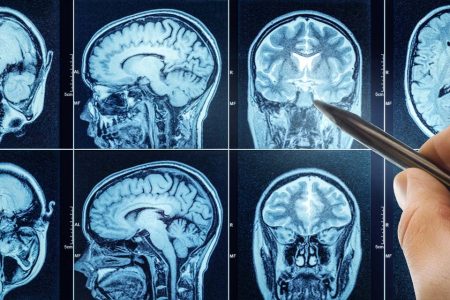One of the “godfathers” of artificial intelligence (AI) has shortened the odds of AI destroying humanity within the next 30 years, saying the technology is developing “much faster” than expected.
Professor Geoffrey Hinton, in an interview with BBC Radio 4, has now upped his previous prediction of a 10-percent chance of AI wiping out humanity to as much as 20 percent.
“We’ve never had to deal with things more intelligent than ourselves before,” he told the BBC, echoing previous comments about his fears around AI. “How many examples do you know of a more intelligent thing being controlled by a less intelligent thing? There are very few examples.”
As someone who spent decades developing the technology, Hinton now says the power imbalance between humans and AI means there is as much as a 1-in-5 chance that humanity will face catastrophe in the next three decades.
[See more: Washington’s national security memo on AI could intensify the tech war with China]
When asked if the technology would ultimately benefit humankind, Hinton replied “I hope you’re right to feel that way,” adding that his primary concern was not the technology so much as its unregulated development. Big companies, he warned, will focus on profit, not safety, as they develop these powerful new tools. “So, I’m a strong believer that governments need to force the big companies to do a lot more research on safety.”
Last year, Hinton resigned his position at Google in order to speak more openly about the threat posed by unconstrained AI development. At the time, he specifically cited concerns over the capabilities of new large language models (LLMs) like GPT-4 and the “sudden flip” from a technology that poorly mimics the human brain to one that appears to exceed it.
“It’s a completely different form of intelligence,” he told MIT Technology Review. “A new and better form of intelligence.”
Without sufficient care in the development of such a powerful tool, Hinton fears it could pose a serious threat to humanity – or that human bad actors will use it to their own advantage. He also worries that governments aren’t up to the job, citing climate change as a stark example of the world failing to come together and cooperate on an existential threat.






